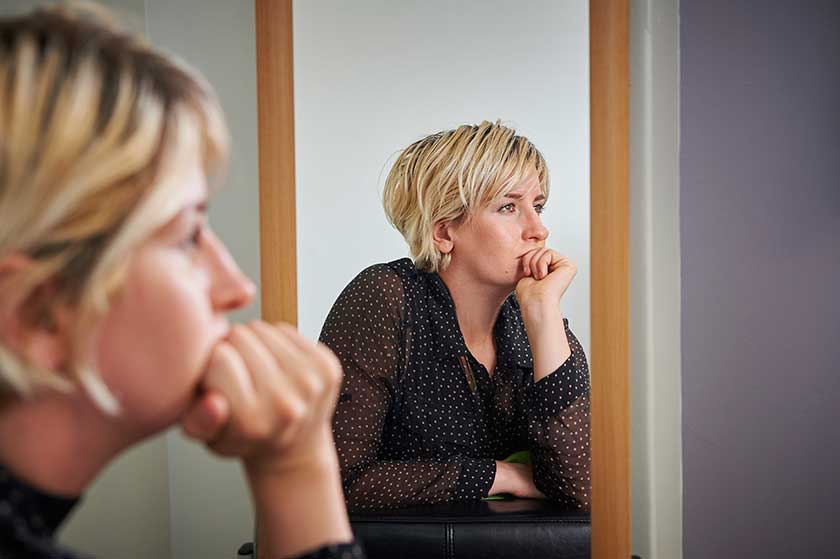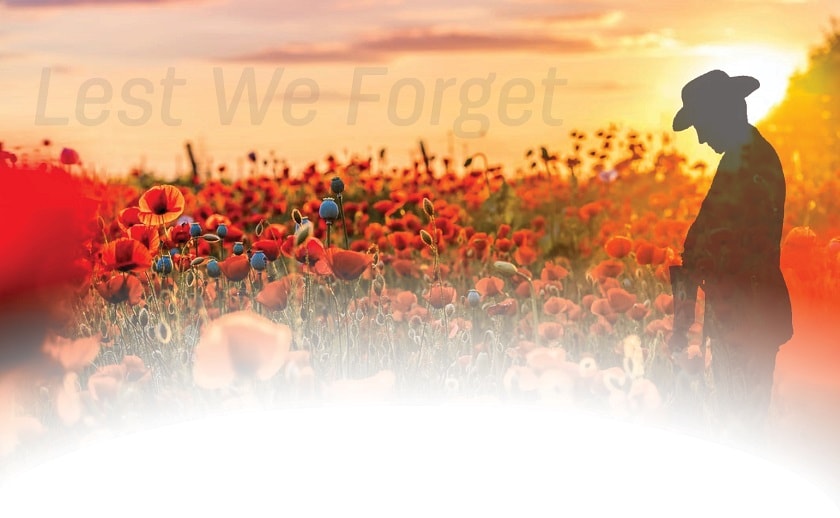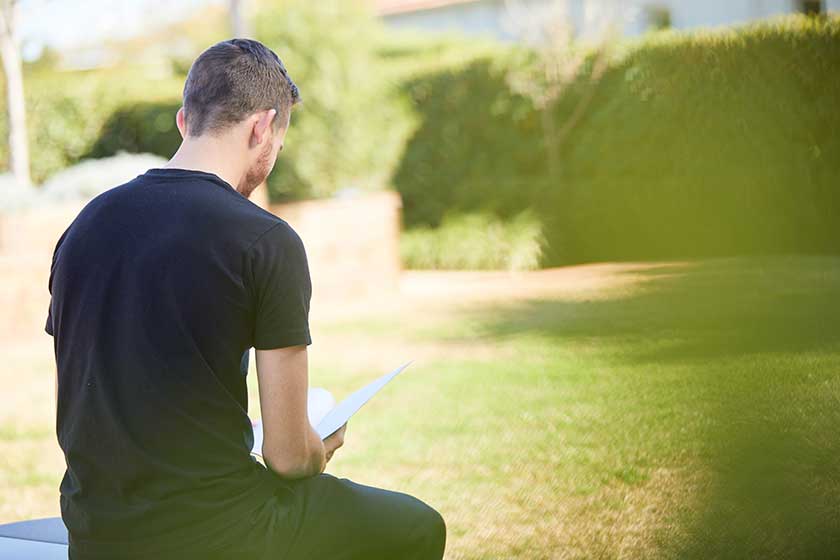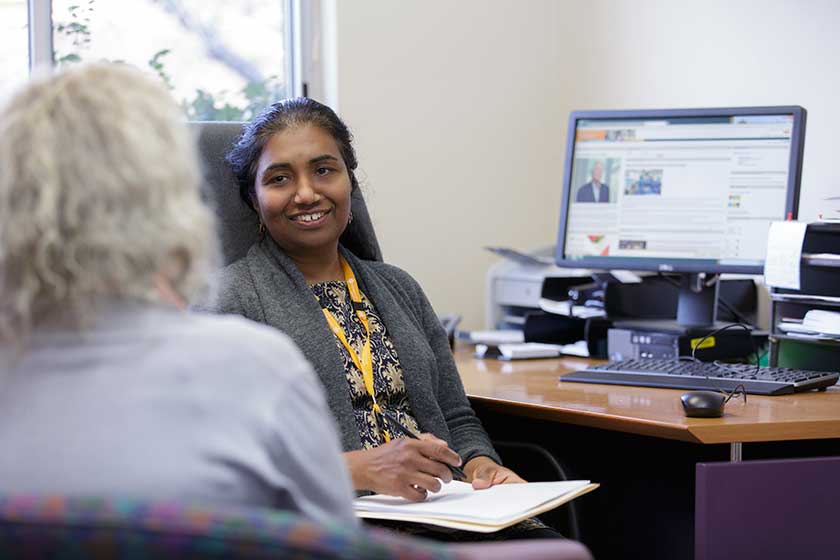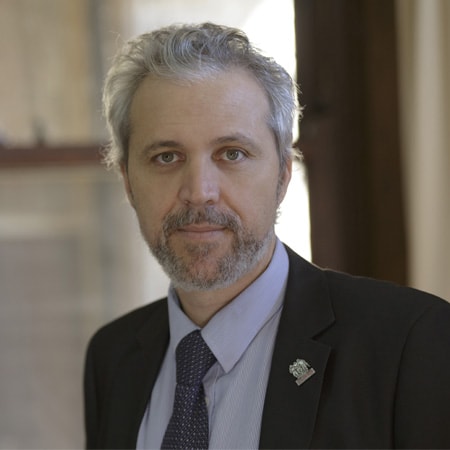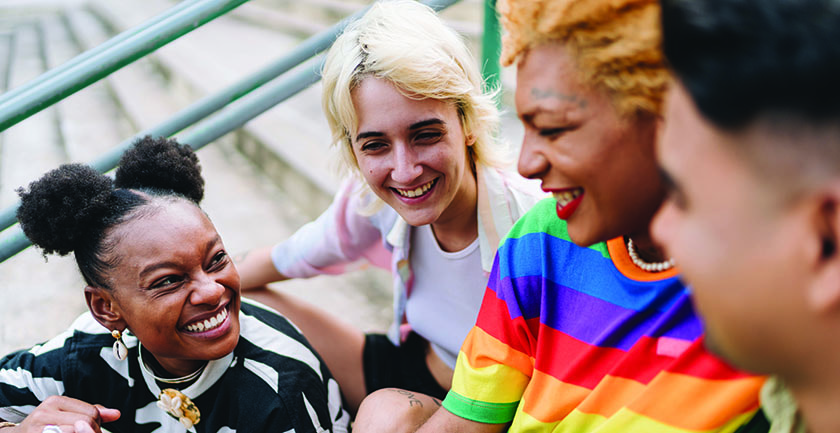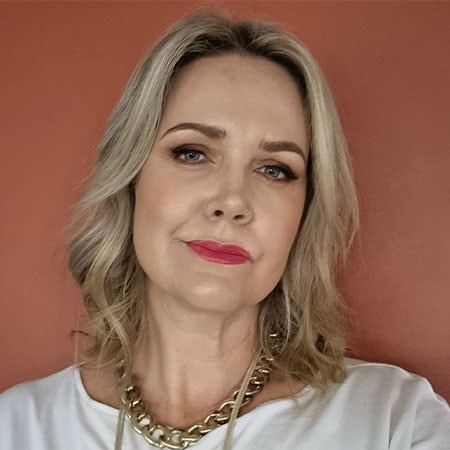It is just over 18 months since our first case of COVID-19 in Australia. Many of us have been in the throes of our most difficult time both personally and professionally. Over the course of the pandemic, I have heard people talking about how they want to help, and it is a very genuine desire to show solidarity and ease the burden – but watching people you care for experience immense challenges is in itself distressing. Our own sense of helplessness can sometimes be overwhelming, which is important to recognise, particularly when we look to help others. We need to be mindful that it isn’t our own distress we are seeking to ease.
So, how can we help?
Understanding who owns the space is a great starting point. I think often about a time in my life when our family was in crisis. Our little boy had been born at 28 weeks and weighed just 685g – we were no longer in control of our world. When faced with a crisis or challenge of this magnitude, you seek to regain control of the things in your world. It helps to have a sense of being able to find your way through and to ease the emotional strain.
So all help is good, right?
Well, I’m not so sure. I noticed during that time something particularly powerful about how ‘help’ either helped us feel better or made us feel worse. Some people (doctors, nurses, family and friends) really did sooth that sense of turmoil and made us feel more in control our situation. But some things seemed to make those feelings worse. Even when the practical nature of the help was pretty much the same.
So why was that?
Well, I think people dealing with a crisis very often look to establish a boundary around their space – that is the place within which they find themselves, where they will work to regain control so they can overcome this temporary state of uncertainty and chaos and return to a more comfortable and stable way of being. How help enters that world is almost as important as the help itself.
If your world is already disrupted by an external force that you cannot really control, how helpful would it be for another external force to enter uninvited? Entering uninvited can be a further disruption or intrusion, even if it is to provide help. My wife and I often talked about this during our time in the NICU, who owned the space around our baby’s cot? When staff in the hospital saw it as our space, respected that and sought permission to enter and support us, then it was invariably helpful even when he wasn’t going so well and we were very worried. It was almost always unhelpful when ownership of that space wasn’t respected and help was thrust upon us – it very rarely felt helpful and nearly always made us feel worse and less in control.
How does that relate to support for anyone who is dealing with a challenging situation right now?
In times of crisis or significant challenge, be they personal or professional, people are going to need help and support. Most of all though, I think they need to feel as in control of their situation as possible. So, we must respect their space and only enter when invited, no matter how hard that is or how unresolved our own feelings may be. Because intruders, no matter how well intentioned, risk adding to the sense of loss of control rather than diminishing it.
When we consider how best to help, perhaps we should pause and think about those things. About that sense of control and how we might bolster rather than diminish it. Let people know we are there, that we care and answer their call for help. Perhaps most importantly of all though, show, really show, we believe in them, in their ability to find the answer when they are challenged, in their ability to ask for the right help when they need it and in their ability to find a way through.
Whatever the challenge, this is their space and we enter on their terms.

